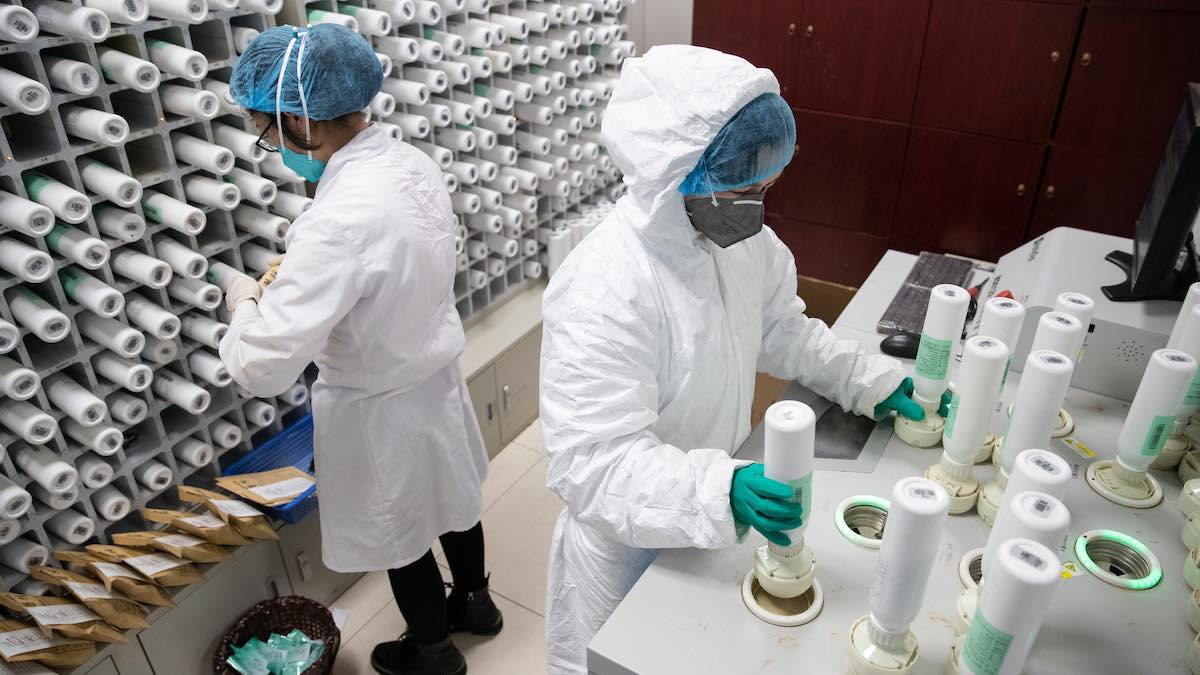(ATF) New medical insurance rules were announced in China by the People’s Daily on Thursday January 7, which should dramatically reduce pharmaceutical costs for citizens, by as much as 50% or about 28 billion yuan overall in 2021.
The National Medical Insurance Administration and Ministry of Human Resources and Social Security issued a notice late last month on the National Basic Medical Insurance, Work Injury Insurance and Maternity Insurance, Drug Catalogue (2020). The new version of the catalog will be officially launched nationwide from March 1, 2021.
In August last year, the ‘2020 National Medical Insurance Drug Catalogue Adjustment Work Plan’ was issued. A list of 162 exclusive drugs were discussed, and most of the negotiations – a total of 119 – were successful.
This led to 119 drugs being added to the catalogue, and 29 drugs on the original catalogue being removed.
The adjusted 2020 Catalogue contains some 2,800 drugs, just over half of which (1,426) are Western medicines, while 1,374 are Chinese patent medicines. Plus, 892 kinds of Chinese herbal medicines still on the catalogue saw no adjustment.
Covid-19 and anti-cancer drugs put on catalogue
Drugs related to the treatment of Covid-19, such as ribavirin injection and Abidol granules, were put on the catalogue.
The drugs listed in the latest version of the National Covid-19 Diagnosis and Treatment Plan have all been included in the National Medical Insurance Catalogue to help prevent and control the epidemic.
Some innovative drugs and new drugs on the market, such as immunotherapeutic drugs in the field of anti-cancer medicine, were made part of medical insurance after negotiations. New drugs that went on the market before August 17 last year were included in the adjustment range, and 16 anti-cancer drugs were eventually included in the catalogue.
Many medications for children were also added.
Ji Xiaohua, director of the Department of Pediatrics at Xiyuan Hospital of the Chinese Academy of Chinese Medical Sciences, said the specifications and dosage levels of the new children’s medicines were more in line with their needs. They are all oral liquids and granules, and they come with clear regulations on the dosage.
Price cuts achieved in the negotiations will give financial wiggle room for the medical insurance fund. Most of the 119 new drugs (96 exclusive and 23 non-exclusive) have been negotiated with pharma producers to achieve price reductions.
The estimated increase in fund expenditure in 2021 is basically equivalent to the scope for funds managed via negotiations and drug transfers. Through negotiation of price cuts and medical insurance reimbursement, it is expected that the cumulative burden on patients will be reduced by about 28 billion yuan in 2021.
Some 29 drugs were effectively removed from the catalogue, but they mainly had low clinical value amid better alternatives, or some drug registration numbers were revoked by regulatory authorities. The deletion of these drugs was repeatedly verified by experts and determined in strict accordance with procedures.
Huang Bin, vice president of AstraZeneca China, has participated in the national medical insurance negotiations for four consecutive years. He said: “In the adjustment of the medical insurance catalogue in 2020, the speed of getting access to innovative drugs has been significantly accelerated, and the review process has become more scientific, fair, and transparent. The patient’s access to innovative drugs will achieve a win-win situation for patients, enterprises, and medical insurance.”
Xiong Xianjun, director of the Medical Service Management Department at the National Medical Insurance Administration, said it took advantage of strategic buying via medical insurance and made full use of the market mechanism to access drugs to get “price for quantity”. He said it talks with enterprises on the basis of scientific review and calculation on the benefits of mass use. Negotiation gradually shifts from “passive payment” to “active bargaining”, which greatly reduces the burden for patients who are insured, and the medical insurance drug catalogue gets upgraded.
In the next step, the National Medical Insurance Bureau will issue documents to guide local governments to implement the new version of the catalogue.
























